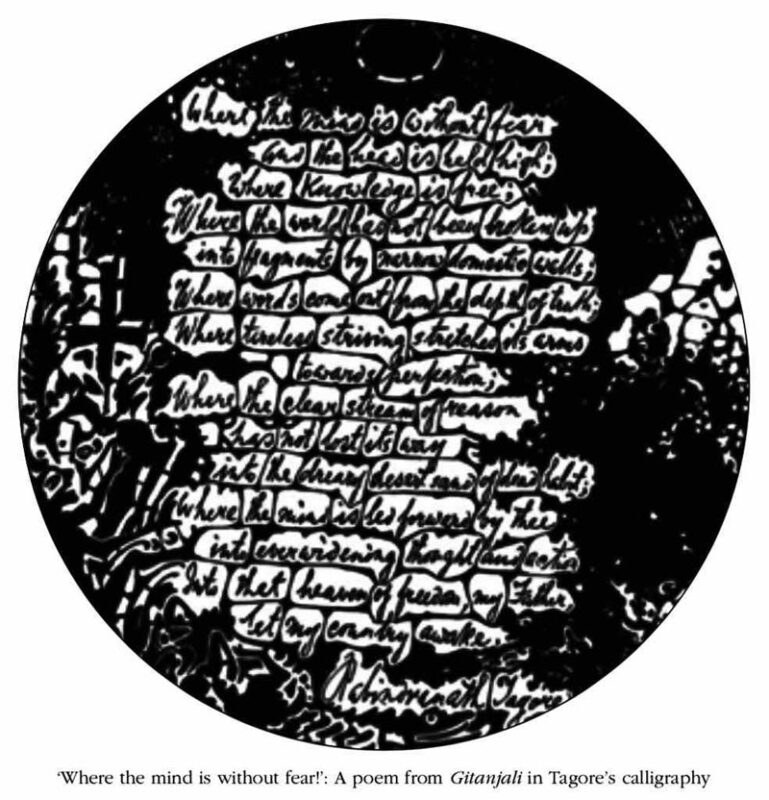Dr. Kishore Singh, Foundation Day Lecture, United Nations Special Rapporteur on the Right to Education, 5th March 2012 New Delhi
[…] Monitoring the implementation of the Right of Children to Free and Compulsory Education Act, enacted by Parliament in August 2009, is an important part of the mandate of the Commission. The very title of the Act reflects the significance attached to children’s right to education, and its implementation poses the biggest challenge for the education system of India.
The right to education is indeed highly important from international as well as national perspective. It is an internationally recognized right and is essential for the exercise of all other human rights – economic, social or cultural as well as political and civil rights. The right to education is a particularly good example of the interdependence and interrelation of human rights. Its realization is a pre-condition for the meaningful exercise of most of the freedoms by supporting the possibility of making informed choices. There are direct links between the possibility of exercising the right to education and the protection against child labour and exploitation. […]
While redeeming the pledge of giving all our children the right to elementary education when the Right of Children to Free and Compulsory Education Act came into force, the Prime Minister of India stated that “The needs of every disadvantaged section of society, particularly girls, Dalits, Adivasis and minorities must be of particular focus as the Act is implemented.”
India has reached a participation rate of over 96% of children in the age-group on 6-14 years in elementary education. Providing education to children of disadvantaged groups and those with disabilities needs further emphasis. Allow me to quote from the address by the then Prime Minister of India to the third meeting of the High Level Group on Education for All, organized in Delhi in 2003, where he stated that “the difference between the poor man’s school and the rich man’s school is becoming starker with each passing year. […]
I would like to conclude by referring to the decision by the Supreme Court of India (1996) in the M.C. Mehta (Petitioner) versus the State of Tamil Nadu and Others (Respondents) which was genesis of the constitutional amendment establishing the right to education: “Our Constitution-makers, wise and sagacious as they were, had known that India of their vision would not be a reality if the children of the country are not nurtured and educated.” The Supreme Court further stated: “We part with the fond hope that the closing years of the twentieth century would see us keeping the promise made to our children by our Constitution about a half century ago. Let the child of the twenty-first century find himself into that ‘heaven of freedom’ of which our poet laureate Rabindranath Tagore has spoken in Gitanjali.” This ideal should be the source of perennial inspiration and should guide our collective endeavour in the pursuit of defending and promoting the right to education as an inalienable right of every child in India, and indeed in the whole world.
Source: National Commission for Protection of the Child Rights
Address : http://www.ncpcr.gov.in/media_communications.htm
Date Visited: Sat Apr 06 2013 12:47:26 GMT+0200 (CEST)
[Bold typeface added above for emphasis]
India Perspectives (24 No. 2/2010) | More about Tagore and rural education >>
Source: “Tagore, Gitanjali and the Nobel Prize” by Nilanjan Banerjee in

Freedom: Accountability, Democracy, Education & Rights of Indigenous Peoples >>
“Eklavya Model Residential Schools are a flagship intervention of the Ministry of Tribal Affairs to provide quality education to tribal students in remote tribal areas.”Eklavya Model Residential Schools are a flagship intervention of the Ministry of Tribal Affairs to provide quality education to tribal students in remote tribal areas.” – Press Release by Ministry of Tribal Affairs | Learn more >>